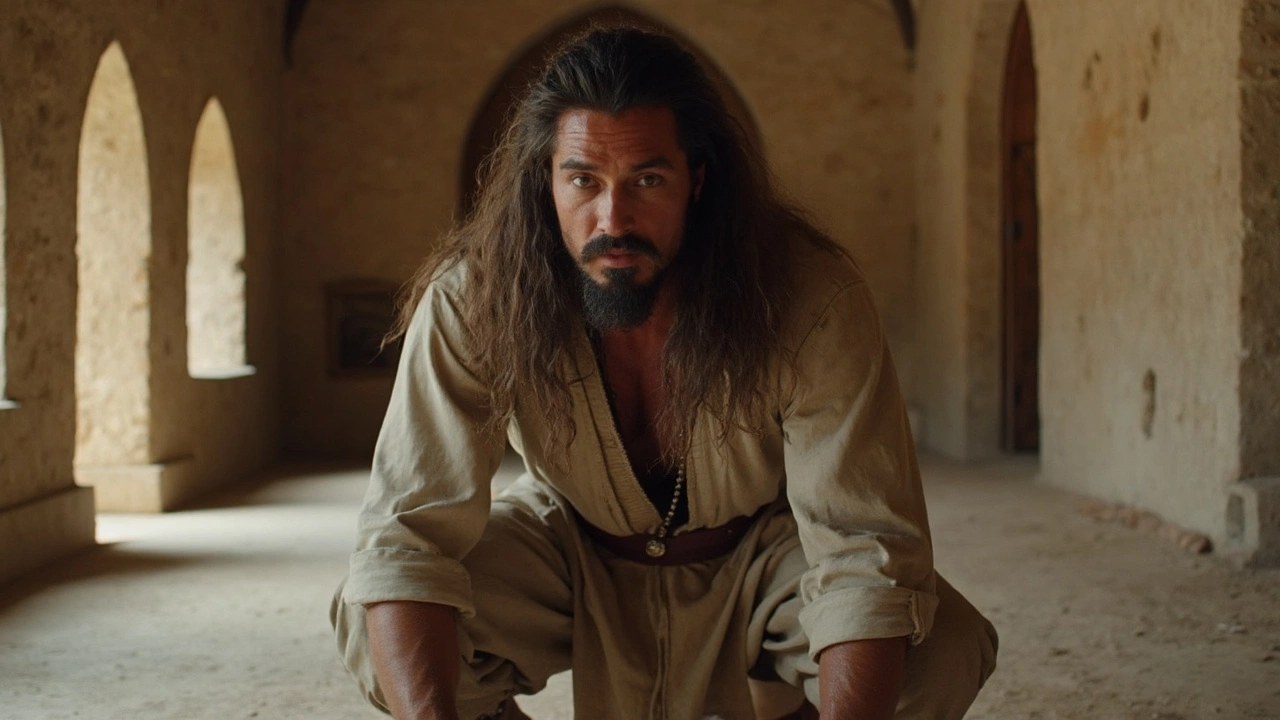Laxman Utekar – Biography, Films & Impact
If you’ve watched a few Indian movies in the last few years, chances are you’ve seen Laxman Utekar’s name pop up. He started behind the camera, shaping visuals for Bollywood hits, and later stepped into the director’s chair. Let’s break down how he got here, why his movies feel fresh, and what’s coming next.
From Lens to Storytelling
Utekar cut his teeth as a cinematographer on projects like ‘Mickey Virus’ and ‘Paying Guest’. Those gigs taught him how light, color, and framing can carry a story even before a line is spoken. Filmmakers noticed his knack for turning ordinary scenes into eye‑catching moments, which led to bigger assignments and more creative freedom.
When he finally took the director’s seat for ‘Rashmi Rocket’ in 2021, it wasn’t just a career jump – it was a statement. The film tackled gender bias in sports, mixed with a personal redemption arc. Audiences praised how Utekar balanced a social message with tight pacing and relatable characters.
What Makes His Films Tick?
Two things stand out in Utekar’s work: realism and empathy. He prefers shooting on real locations, letting natural sounds and crowds seep into the frame. That’s why a city street in ‘Rashmi Rocket’ feels lived‑in, not a set. He also gives his characters room to breathe, avoiding over‑dramatic dialogues. The result? Viewers feel like they’re watching a slice of life, not a scripted lecture.
Another hallmark is his use of visual motifs. In several movies, a recurring color or object signals a character’s internal state. For example, a bright orange scarf in ‘Rashmi Rocket’ mirrors the protagonist’s fiery determination. These subtle cues keep the audience engaged without shouting for attention.
Utekar also collaborates closely with writers and music directors. He believes a strong script is the backbone, while background scores should amplify emotions rather than dominate them. This collaborative spirit shows up in the smooth flow of scenes and the way songs blend into the narrative.
Looking ahead, Utekar has hinted at a thriller that will explore digital privacy in India. Fans are eager to see how his realistic visual style translates to a more suspense‑driven genre. Whatever the project, his focus on authentic storytelling is likely to stay the same.
In short, Laxman Utekar is a filmmaker who knows how to make scenes feel real and characters feel human. Whether you’re a casual moviegoer or a budding director, his journey from cinematography to direction offers a clear lesson: master the basics, stay true to your voice, and let each frame tell its own story.
